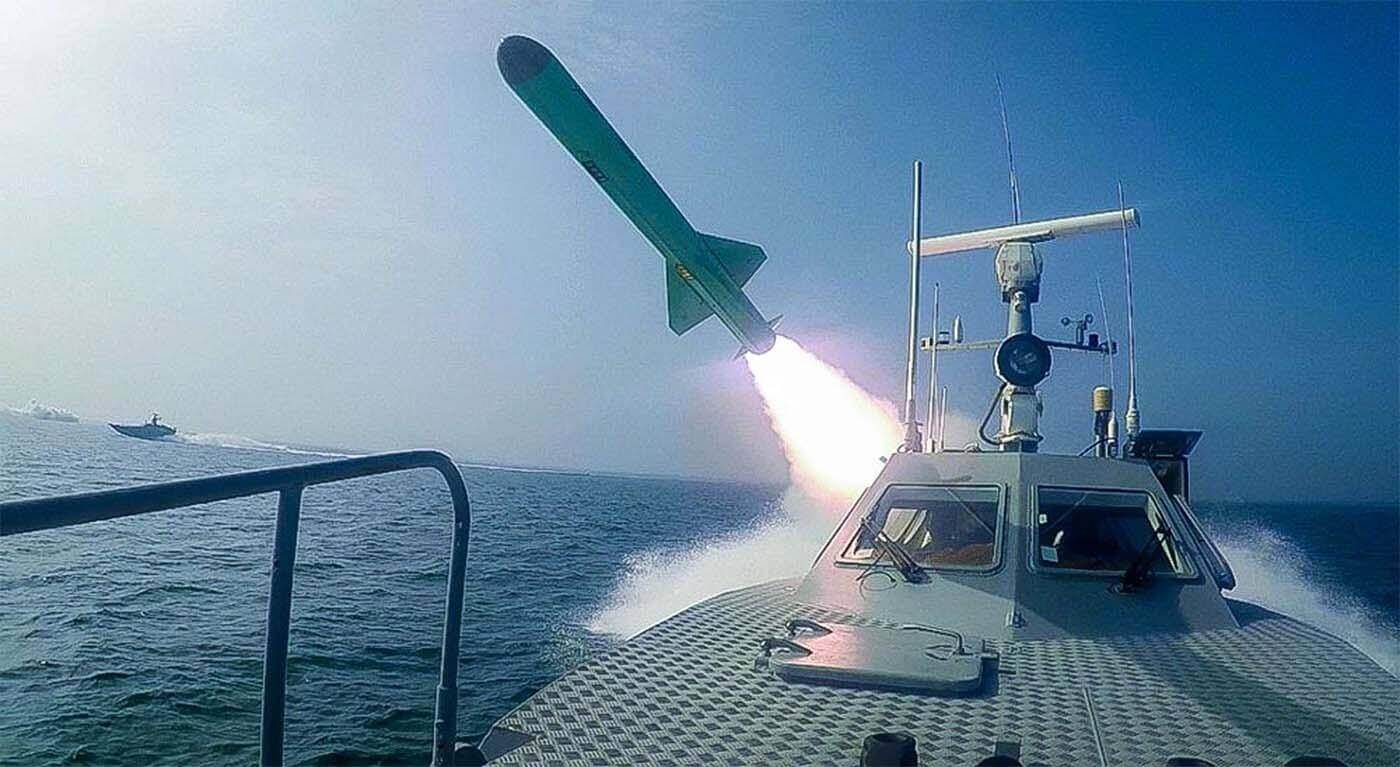At a time when bilateral tensions between Washington and Tehran are at an all-time high, Iran’s Revolutionary Guards on Tuesday launched a military drill in the Gulf. As reported by the Iranian state television, “The final stage of the drill called Great Prophet 14 with the participation of the Guards Navy and Air Force has started in the areas of land, air, sea and space in ... the Strait of Hormuz and the Persian Gulf.”
Iran opposes the presence of Western navies in the Gulf, especially that of the US, holding phased annual naval war games in the Strait of Hormuz as deterrence. The strategic waterway is a conduit for around 30% of all oil and petroleum traded in the Gulf. The Guards and the US military have had several confrontations in the seas in the past few years, with Washington accusing the opposing navy of sending boats to harass its warships.
On Monday, published satellite images showed that Iran had moved a mock US aircraft carrier, suggesting that it would use the mock vessel as a target for practice in its exercises. The US Navy’s Bahrain-based Fifth Fleet’s spokesperson, Commander Rebecca Rebarich, said that while the exercise has not disrupted any operations by the US coalition in the area or had any impact on the free commercial flow in the Strait and its surrounding waters, the US military is “always watchful of this type of irresponsible and reckless behavior by Iran in the vicinity of busy international waterways”. United Arab Emirates airbases Al-Dhafra and Al-Udeid were also put on high alert, as five Dassault Rafale jets en route to India were stationed for an overnight stop at Al-Dhafra.
Relations between Iran and the US have been at an all-time low since 2018, when US President Donald Trump withdrew from the JCPOA nuclear deal and imposed crippling sanctions on Tehran that have badly hit its oil exports. In April, the Guards had said that they would destroy American warships if they threatened Iranian security in the Gulf. In fact, Iranian officials have issued repeated threats to block Hormuz if Tehran’s nuclear sites are attacked or if it is stopped from exporting oil.
At the same time, Israeli forces have been on high alert along the Lebanese frontier as they anticipate a retaliatory attack from Iran-backed Hezbollah fighters. A week ago, an Israeli attack on Damascus killed a Hezbollah member in the Syrian capital. Israel’s Prime Minister Benjamin Netanyahu said that his administration would do “everything necessary” for defence, a day after Israeli forces reportedly thwarted a Hezbollah attempt to infiltrate its borders. On Tuesday, Lebanese Prime Minister Hassan Diab said that Tel Aviv has violated the country’s sovereignty with its “dangerous military escalation” at the border, urging caution as border tensions rise. Simultaneously, Netanyahu stressed that the Israeli military would continue its actions to “prevent Iranian military entrenchment in the region”.
Iran Carries Out Annual Military Drill in the Persian Gulf
Israel has also deployed troops at the Lebanese border to prevent Iranian “entrenchment”
July 29, 2020

SOURCE: MIDDLE EAST ONLINE
